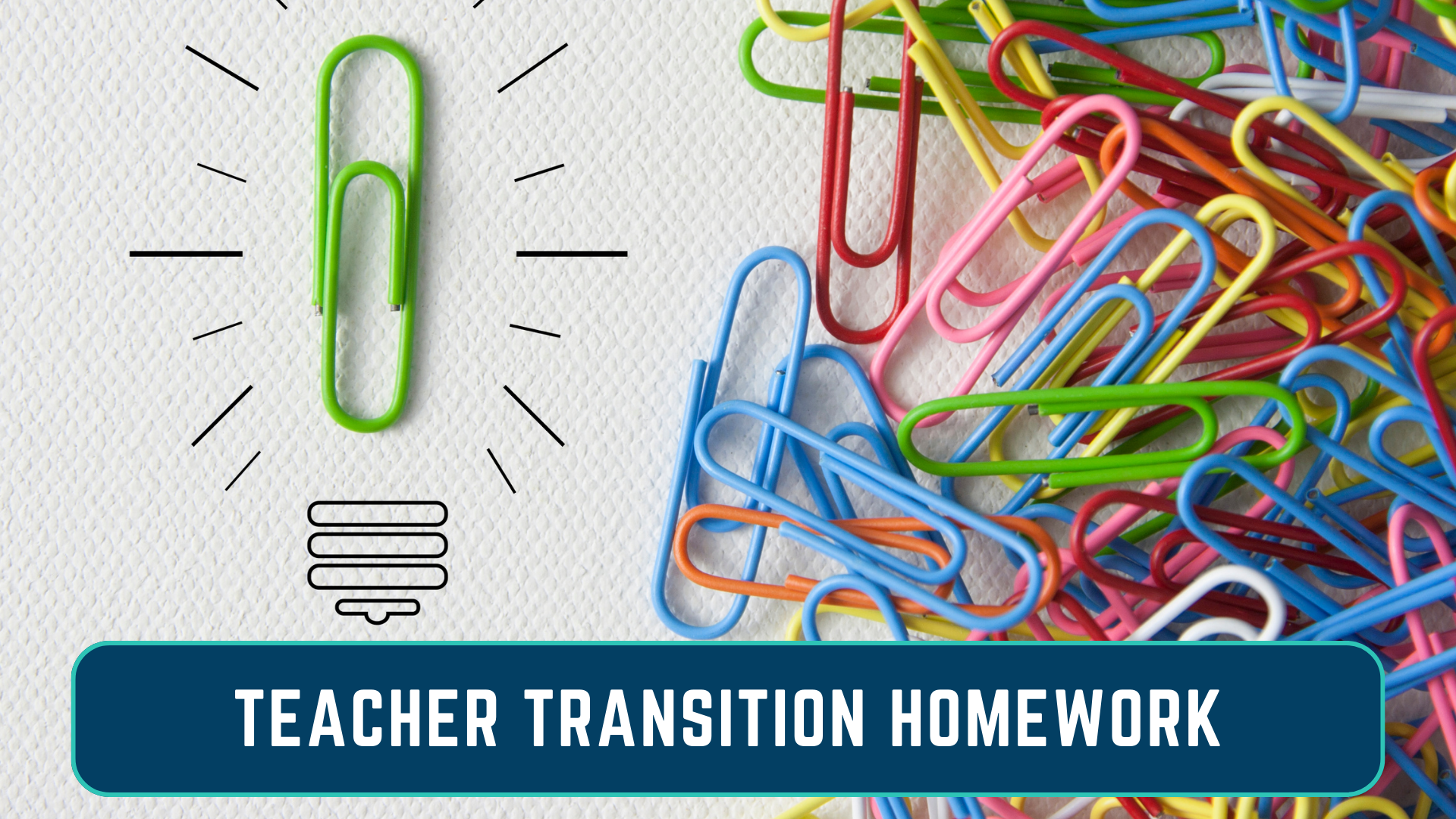Recapping TLDC: Creating Your Future in Instructional Design with Connie Malamed
This is a series of posts recapping and reacting to sessions from the recent January 2023 Training, Learning, and Development Community (TLDC) event to support teachers transitioning to L&D. The full event recordings can be found at the TLDC website.
Summary: Connie gave a great overview of Instructional Design as a field (as well as eLearning specifically). She showed breakdowns of parts of the field and also potential “talent stacks” people in instructional design might have or want to develop in order to select the right path for them as an individual (she stressed the individual aspect). She discussed everything from mindset blocks people might have to different specialties they might seek. She gives an excellent chart breakdown of the field and four major areas from Cammy Bean and Ellen Wagner: Learning, Creativity, Technology, and Business are all aspects of the field. She also suggests examining niche roles (things like Community Manager and LMS Admin) and discusses the differences between different organization and team types. Most importantly, she discusses examining and considering your own “talent stack”, giving examples of stacks like Trainer, Writer, and Accessibility. Her insights were extremely clear. I love that she started with “What’s your mindset block?” because I so agree that can be a big barrier!
I love this quote and think it was a big theme of this presentation: know yourself, figure yourself out, and seek what you want and can do well. That was the big takeaway from this session, along with the wealth of information and clear breakdowns on useful skills and key aspects of the ID field.
A close runner up quote to this one was when Connie said “I think you [educators] can call yourself an instructional designer if you’re designing any form of curriculum, even though you may not think of yourself that way” because if Connie Malamed says it (and Luis mentions how long she’s been around and how amazing she is at the top of the video, but she’s a real powerhouse voice in this field), I’m not sure how anyone can dispute it. Unlike Sara, I don’t personally know Connie in this case, but I thought that was awesome. It warmed my former teacher heart!
She does mention that you still have to learn the stuff for a new environment, but she was happy to “anoint” (her word, which I love) teachers as instructional designers. She mentioned she thinks teachers design a lot, more than they think they do! (Disclaimer: This was not about job titles on resumes, and this doesn’t suggest lying about those. It’s just a mindset thing.)
So, what homework should we do? Let’s focus on some self-understanding of the talent stack you really want to leverage and market in your job search.
As with the last one, grab your notebook and it’s time to do some mental work and mind-map it. This one is less research (like the last one was) and more reflection. I suggest revisiting this a few times over the next week or two.
(Again, I highly suggest drawing the diagram yourself or crafting it yourself in some form to best fit you, but you can download my version as a PDF here if it’s beneficial in any way: Finding Your Stack PDF.)
This activity is designed to get you to think about what you are good at already and what you are actively working to improve towards. But with the added layer — which Connie emphasizes frequently in the session — of considering what you like to do and want to do! Your preferences are layered over both sections. Now, as you look at job ads, you may see some compromises to make (at the end) but I highly suggest reflecting on you first before leaping to conforming to those job ads because that is one way you can stand out—by being your individual self!
See more in this Loom about what I mean:
About this Activity (Watch Video on Loom) (Loom Transcript)
As always, we’re focusing on that mindset change before applying, writing resumes, building portfolios (if you already started and are struggling, you can double back and iterate, but it’s fine if you have not started). You have to get your mental state right, focus on what you can do to both understand where you want to go (assuming it’s L&D but feel free to adapt these if that’s helpful) and understand yourself!
About the Speaker: Check out Connie Malamed at The eLearning Coach website.


